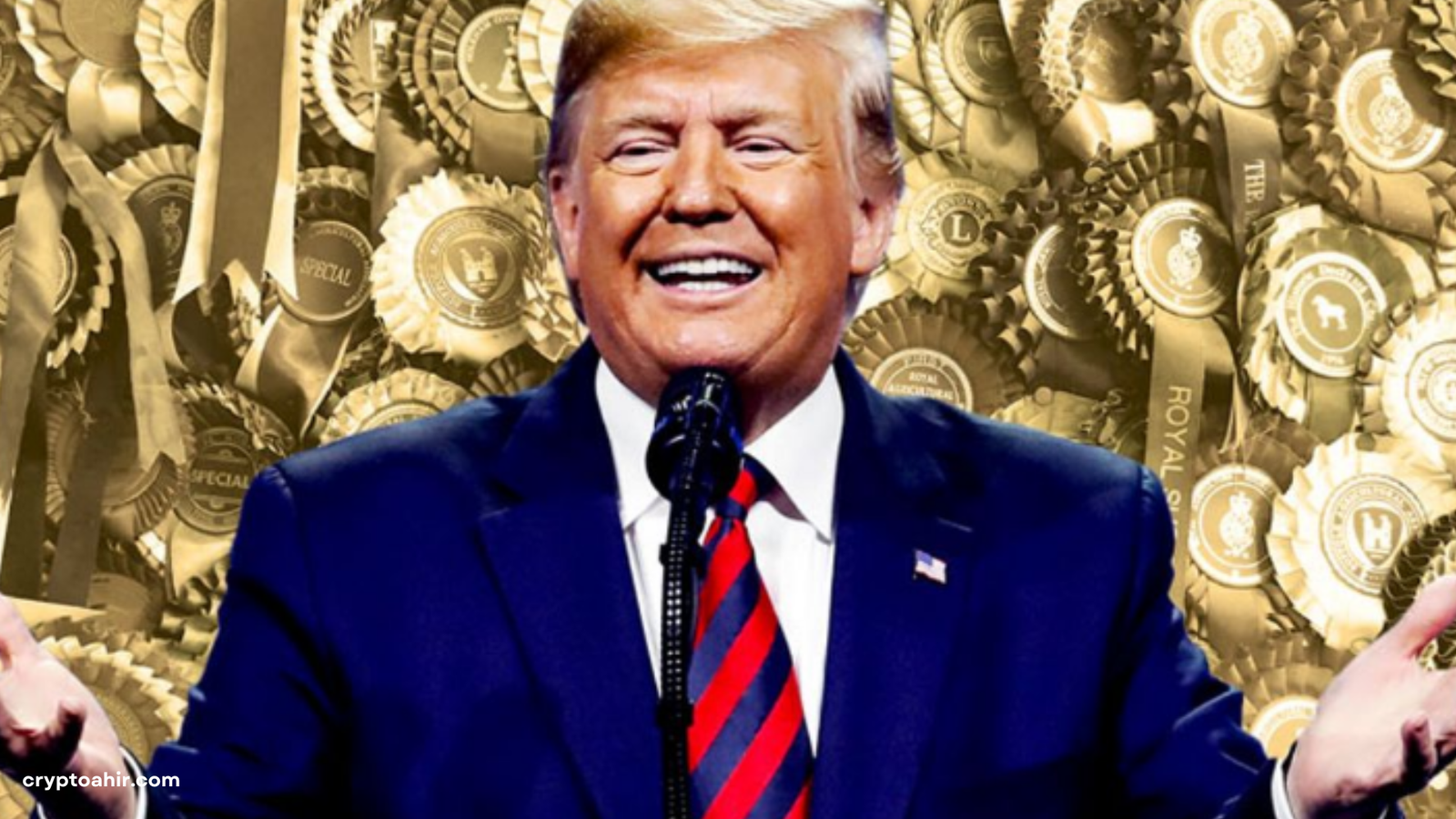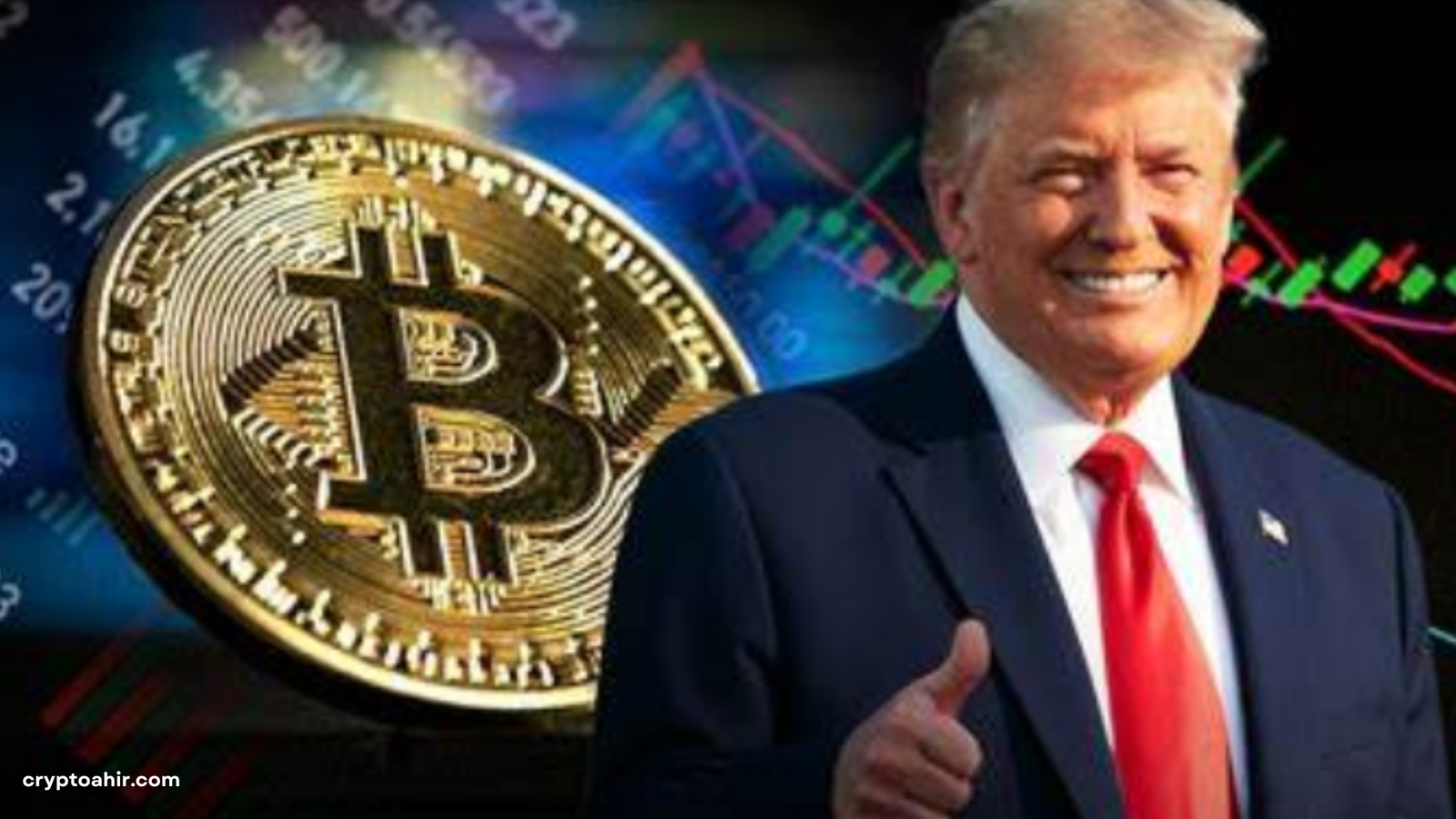Before it’s too late, will Congress amend the law governing cryptocurrencies? Behnam claims that as the cryptocurrency market develops, the CFTC is “handcuffed” by the absence of legal certainty.
Rostin Behnam, the chair of the U.S. Commodity Futures Trading Commission, is voicing worries about more than just the cryptocurrency market’s increasing complexity.
Behnam, who has long pushed for more precise regulations in the realm of digital assets, is now calling on Congress to take up two important issues: election betting and cryptocurrency legislation.
Behnam recently complained at a significant industry gathering that regulators such as the CFTC are “handcuffed” by the lack of explicit legal frameworks as technology disruption picks up speed.
The threats to investors and the integrity of the U.S. markets will only increase if Congress does nothing. Will politicians take action to fill these gaps in time, or will we be left in the dark as an election year draws near and political challenges grow?

The incomplete task of regulating cryptocurrencies
Although Behnam’s demand for bitcoin action is not new, the stakes have never been higher. The legal system has been unable to keep up with the rapid rise of digital assets, from Bitcoin BTC -0.77% Bitcoin to decentralized finance.
Though they are still in legislative limbo, a number of measures, such as the Financial Innovation and Technology for the 21st Century Act, seek to bring some clarification.
The House of Representatives approved FIT 21 earlier this year, which would give the CFTC more control over “digital commodities” like Bitcoin. But there is still work to be done in the Senate.
For example, FIT 21 creates new issues but also suggests more precise criteria for identifying whether a digital asset is a security or a commodity. What is the proper definition of decentralization for regulators?
More significantly, who has the authority to determine which assets are subject to securities regulations and which are sufficiently decentralized to be categorized as commodities?
To top it all off, there is the urgent problem of excessive meddling by the U.S. Securities and Exchange Commission and its current head, an infamous crypto critic named Gary Gensler, whose administration and policies are widely viewed as having caused more harm than good.
As a result, the CFTC is in a challenging position without a clear legal framework; it can enforce certain regulations but cannot completely safeguard investors.
Behnam contends that this regulatory vacuum deters institutional investors from confidently entering the market and exposes markets to unscrupulous operators.
Because of the holidays and the pressing need to enact a federal budget, Behnam does not anticipate significant movement from Congress this year.
He said, “I think you’re likely to see some legislation as we look into 2025, with a new Congress and possibly a new president.”

Insane rise in Election Bettings
Although there is regulatory uncertainty around the cryptocurrency sector, the CFTC is now embroiled in a court battle it did not anticipate due to the growth of election betting websites like Kalshi and Polymarket.
When the CFTC declared election contracts unlawful, Kalshi, a prediction market where users may wager on election results, fought with the commission, claiming that they could erode public confidence in democratic processes.
The CFTC has previously taken action against these sites. Another prediction market based on the Polygon (POL) blockchain, Polymarket, was forced to stop operations for U.S. citizens after being fined $1.4 million in 2022 for operating without the required regulatory compliance.
When Kalshi filed a lawsuit against the CFTC in 2023, the controversy grew more heated, and in September 2024, the platform won a court decision. The judge determined that by preventing Kalshi’s election contracts, the CFTC had overreached its statutory power.
Although the agency swiftly challenged the ruling, Kalshi went back to placing wagers on the U.S. presidential election in 2024. Both authorities and well-known industry figures have expressed concern about this.
A prominent opponent of these platforms, billionaire investor Mark Cuban, voiced worries that market manipulation or foreign influence would distort betting markets. Cuban said, “These odds aren’t indicative of anything meaningful.”
However, others, like as software billionaire Peter Thiel, have contributed money to Polymarket because they see it as a way to influence market sentiment.
Congress’s tardy response may make it more difficult to regulate prediction markets and safeguard the integrity of U.S. elections, since billions of money pass through these platforms throughout election cycles.

Bettings increased even after such Criticism
Despite ongoing legal disputes and harsh criticism, prediction markets like Kalshi and Polymarket are seeing record activity as the U.S. election cycle draws to a close in just two weeks.
Kalshi has garnered some traction since launching its election prediction contracts in October following its victory in a legal battle against the CFTC.
As of October 22, the platform’s primary U.S. election contract had generated over $47 million in trading volume, which is a good start for a business that has been in and out of courtrooms.
Kalshi’s volume still lags behind that of its bigger, more well-known rival Polymarket, whose total trading volume has topped $2.16 billion.

Because Polymarket doesn’t require U.S. traders or a know-your-customer procedure, it witnessed $40 million in deals in the first month of its presidential betting from January to February 2024, driven by worldwide participation.
This difference between the two platforms demonstrates how they take different approaches: Polymarket, which operates in the gray area of offshore markets, draws a larger, worldwide user base, while Kalshi’s regulatory compliance restricts trading to U.S. nationals and permanent residents.
It’s interesting to note that both platforms forecast election outcomes in a similar way. Donald Trump presently has a 64% probability of winning, while Kamala Harris is in last place with 36% on Polymarket.
Although the margins are slightly different, Kalshi displays a similar pattern, with Trump leading with 59% and Harris trailing with 41%. Even if the platforms operate differently, the general attitude toward betting seems to remain the same.
Since Kalshi is a regulated platform, it is less vulnerable to claims of market manipulation, which Polymarket has frequently faced.
The absence of KYC regulations, according to Polymarket’s detractors, allows for foreign meddling and dark money to sway the odds in certain ways.
Both platforms are doing well despite all the hoopla and criticism, each providing a different perspective on how voters view the election’s conclusion.














Leave a Reply